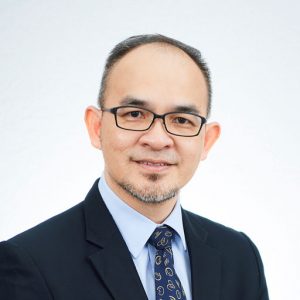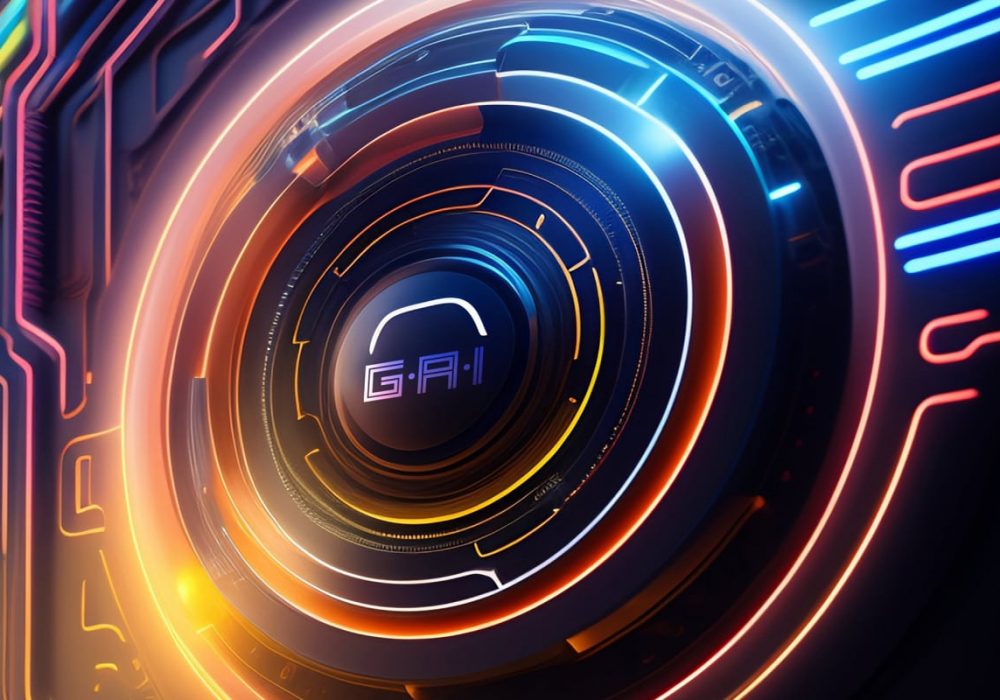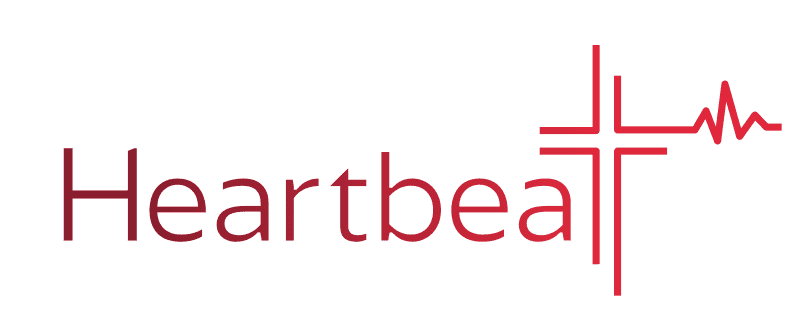Me to a GAI bot: What is GAI?
The GAI bot: GAI stands for “Generative Artificial Intelligence”, referring to advanced computer technology that can create new and original content, such as text, images, or music, similar to what humans can do. It has the potential to revolutionize knowledge and creative work in various fields.
Whether you’re ready or not, the GAI era has arrived. As a theological education institution entrusted by the church, it is essential for SBC to do theology for the church, to uphold the truth of the gospel, and to explore new areas of knowledge. In the face of the challenges to human endeavours posed by GAI, we need to recognize both the liberating potential of GAI and the need to uphold the essence and goal of theological education.
A double-edged sword for education
GAI is a double-edged sword for education. On the one hand, GAI has the potential to transform lives, especially for those who cannot access human tutors or face literacy challenges. It provides new avenues for acquiring knowledge, learning skills, and expressing ideas through text and imagery for resource-limited or less literate populations. It offers unprecedented opportunities for marginalized communities to participate in knowledge creation and democratizes education by giving equal opportunities to it.
On the other hand, GAI has been fuelling the spread of fake news and misinformation, exacerbating distrust of media and raising questions about the reliability of any textual and visual information. How do we face a world plagued by such doubts? Maria Ressa, the Filipino journalist who received the 2021 Nobel Peace Prize, has put forward a powerful principle: only through truth-telling and defending truth can human society have a solid foundation of trust in information. How might we apply this principle to theological education?
Theological education is rooted in the pursuit of truth and living in accordance with the truth. Out of devotion to Christ, life in a diverse community is embraced, with the interactions, exchanges, and acts of service between teachers, students, and staff engendering the mutual trust that allows for the acquisition and protection of truth. Without trust and shared truth, we cannot navigate a rapidly changing world where truth and falsehood are mixed.
The global education community is actively discussing how to wield the double-edged sword of GAI. We as theological educators are also asking how to make good use of this tool safely. SBC established a project team six months ago to observe GAI’s development and reflect on the opportunities and challenges. Key questions include, What is education? What are the goals of education? How can education be realized?
We also identified a key problem thanks to the work of educational thinker Parker Palmer: education is not only about imparting content, but also cultivating genuine relationships, which is essential for life transformation and knowledge renewal—so, although GAI transmits information, it diminishes the educational function of interpersonal relationships and the implementation of truth-centred learning in a community.
Divine wisdom for theological education
 God’s wisdom is characterized by perfect goodness, justice, love, and truth (Mic 6:8), which is acquired, nurtured, and formed by God’s people within truth-seeking communities. When it comes to using GAI as an educational tool, divine wisdom must be our foundation for cultivating empathy, critical thinking, and spiritual character to shape a more complete and authentic humanity. To ensure the assimilation of God’s wisdom, we are to listen to him and keep his ways daily (Prov 8:32–36). Learning and living out the truth in fellowship, we are to study God’s Word “in the presence of God” (coram Deo), so that divine wisdom encompasses our thoughts, beliefs, and perspectives.
God’s wisdom is characterized by perfect goodness, justice, love, and truth (Mic 6:8), which is acquired, nurtured, and formed by God’s people within truth-seeking communities. When it comes to using GAI as an educational tool, divine wisdom must be our foundation for cultivating empathy, critical thinking, and spiritual character to shape a more complete and authentic humanity. To ensure the assimilation of God’s wisdom, we are to listen to him and keep his ways daily (Prov 8:32–36). Learning and living out the truth in fellowship, we are to study God’s Word “in the presence of God” (coram Deo), so that divine wisdom encompasses our thoughts, beliefs, and perspectives.
Our use of human wisdom, the foundation of GAI, must stem from our reverence for God, inculcated daily. It is through this reverence that we can distinguish between divine and human wisdom, and further differentiate between human wisdom and AI. Blurring the boundaries between God and humans has always led to the human delusion that we can be like gods. If we mindlessly replace humans with AI, it will lead to the reduction of humans to mere tools.
Education grounded in reverence for God is the essence and goal of theological education. The flourishing of GAI will bring about an unprecedented knowledge revolution. But theological education that places God’s wisdom at the centre will cultivate reverence for God, allowing us to make use of the transformative power of GAI for theological education, while nurturing a learning community that seeks God’s wisdom, emulates the life of Christ, and follows the path of the Cross.






